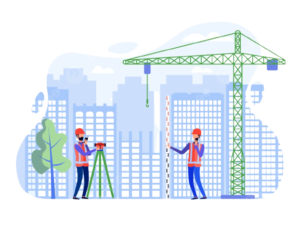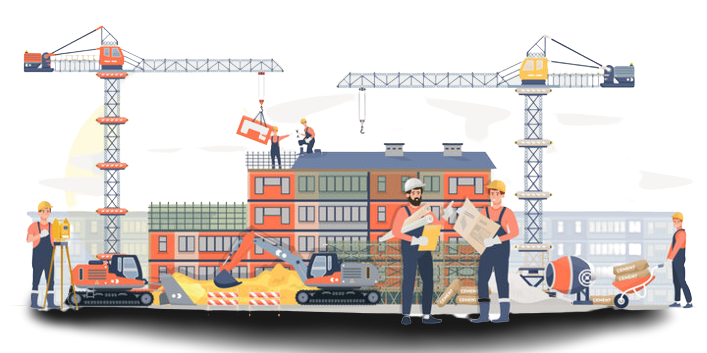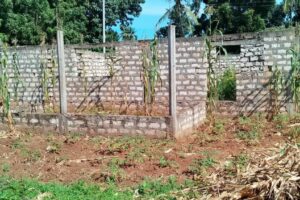A construction survey is used to determine reference points on a property that will provide guidance to the workers on a construction site. Construction surveys are extremely important and a necessity for every construction site; whether for commercial development, residential development, or state and federal development projects.
Essentially, this particular branch of surveying is concerned with the ‘setting out‘ or ‘staking’ out of a project. This involves staking out markers and reference points on the construction site that tells the contractors where to start building the new structure in question.
Companies that provide construction surveys in Kenya, such as GeoRole, Ltd. will mark the appropriate reference points at the construction site as well as on applicable site layout plans. They will work with the proper personnel to ensure the construction site is prepped and ready for development.
What is the construction survey process?
Construction surveying mostly focuses on the “setting out” or “staking” out of a project. In order to advise the builders where to begin construction of the new structure, markers and reference points must be staked out on the construction site.
This survey is necessary to identify the key surface features of the ground that may have an impact on the impending construction when building highways, roads, bridges, buildings, and other construction projects. The procedure seeks to establish computed survey points on the building site as a reference for site enhancements resulting from designs created by design experts.
To find any alterations made during construction, a survey is conducted. “As-built” surveys are carried out to pinpoint the precise location of points on a site as they have been erected and gauge the progress made to that point.
There are a number of different processes involved in completing a successful building survey.
- Survey existing conditions of the work site: This includes looking at topography, existing infrastructure and buildings, and any underground infrastructure (such as diameters of sewers at nearby manholes)
- Stake out corners: This involves physically staking out the corners of each plot, work area, services, and construction cabins location, as well as the markers and reference points that will be used to guide the build itself
- Verification: This involves verifying the location of steelwork, blockwork etc , and implementing corrective instructions if necessary
- Levelling: On each floor, horizontal control must be provided
- ‘As-Built’ survey: Once the construction project is complete, the building surveyor will complete a survey in order to verify that specifications have been met as per the approved plans
Elements of construction surveys
- wherever possible, do a survey of the site’s current conditions, including the terrain, existing structures and infrastructure, and subsurface infrastructure (for example, measuring invert elevations and diameters of sewers at manholes)
- Place stakes at the corners of the lot, the work’s maximum scope, and the construction trailer’s location (clear of all excavation and construction)
- Set up landmarks and references that will serve as a guide for the development of new structures.
- Check the position of structures while they are being built
- Control the horizontal plane on various floors
- Perform an as-built survey to ensure that the work allowed was finished in accordance with the specifications specified in the plans.
why do you need a construction survey?
There are many reasons why you would need a construction surveyor and below are a few examples:
- Residential neighborhood development

- Commercial property construction
- State or Federal roadway projects
- Power company substation development
- Local governmental body new construction
As you can see, the list of reasons why you need a construction survey can be endless. Therefore, hiring a construction surveyor specialist should be a major requirement for your construction project. Look no further than Georole, ltd. for all of your construction surveying needs in Kenya. Contact us today.
In case you find the article useful and would like to support me, you can buy me a coffee ☕



